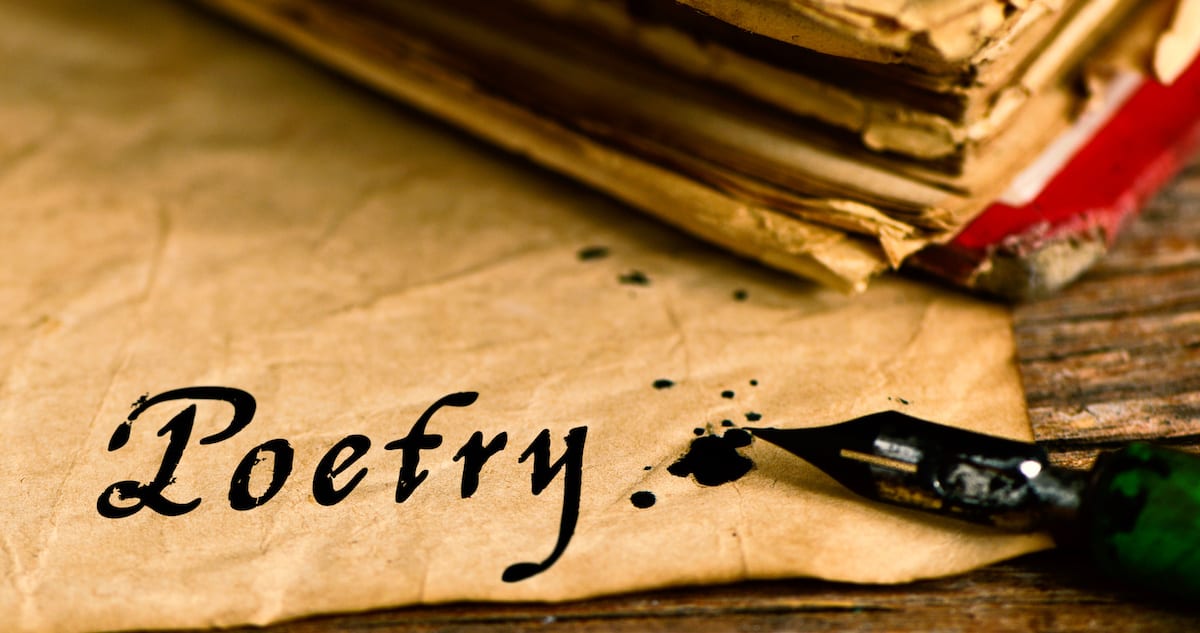There have been times in the history of the Christian faith in which poetry played a key role in believers’ devotion to the Lord. There were eras in which the work of Christian poets was respected and even lauded. But that was then and this is now. While we still value poetry in the form of songs, most of us pay scant attention to reading or writing poetry. There could be any number of explanations for this, though I am inclined to blame the decline of formal verse (i.e. defined forms of poetry) and the rise of free verse (i.e. neglecting rhyme and meter), much of which is enough to cause the best of us to give up on poetry altogether.
Yet as we dig through the archives of our faith we can find vast troves of lovely, meaningful, skillful, devotional poems. In Poetry of Redemption:An Illustrated Treasury of Good Friday and Easter Poems, Leland Ryken has compiled some of the best of these poems and themed them around the suffering, death, and resurrection of Jesus Christ. “This book is an anthology of poetic devotionals on the events of Holy Week and their meaning,” he explains in the opening pages. “Although the entries can be read in the days before and during Holy Week, the book is not organized according to a schedule of daily readings tied to the calendar. One can read this anthology anytime, using any timetable, covering as many of the entries at a single reading as one chooses.”
The poems are divided into three categories which he labels psalms, hymns, and spiritual songs. By psalms he means passages that have been excerpted from the Bible and are printed in the verse form of biblical poetry. By hymns he means the familiar songs we sing around Easter time. “We need to remind ourselves that every hymn begins its life as a poem, becoming a hymn only when it is paired with music and sung.” And by spiritual songs he means classic literary poems written by some of the masters of the craft. For each entry he has written a devotional a couple of pages in length.
The theme of the poems progresses throughout the book. The first collection considers God’s eternal redemptive plan and is comprised primarily of poems drawn from Scripture. Next are a number related to Christ’s journey toward the cross and here we encounter works by Theodulf of Orléans, William B. Tappan, and George Herbert. Then comes the accomplishment of redemption upon the cross (Jennie Evelyn Hussey, Isaac Watts, Robert Herrick) and appropriate responses to it (Jacob Revius, Christina Rossetti, John Donne). And so it goes through the application of redemption, life with the cross at its center, the resurrection, and life everlasting.
Poetry of Redemption has value as a devotional work that most people will make use of around the Easter season. But I like it most as a collection and explanation of some of the best of Christianity’s poetic treasures. If you have yet to explore Christian poetry or if you would like to explore it anew, this is the perfect resource.










